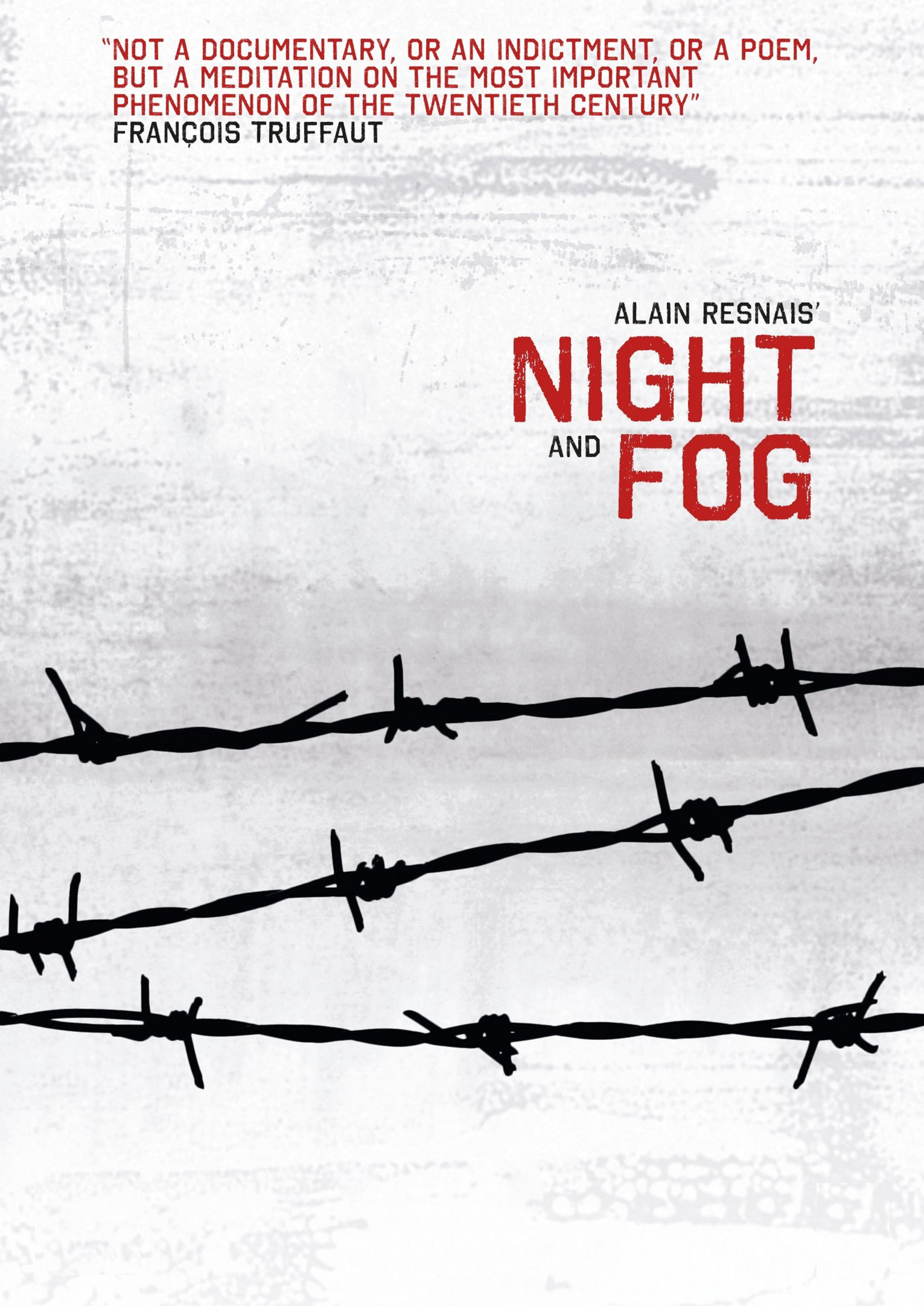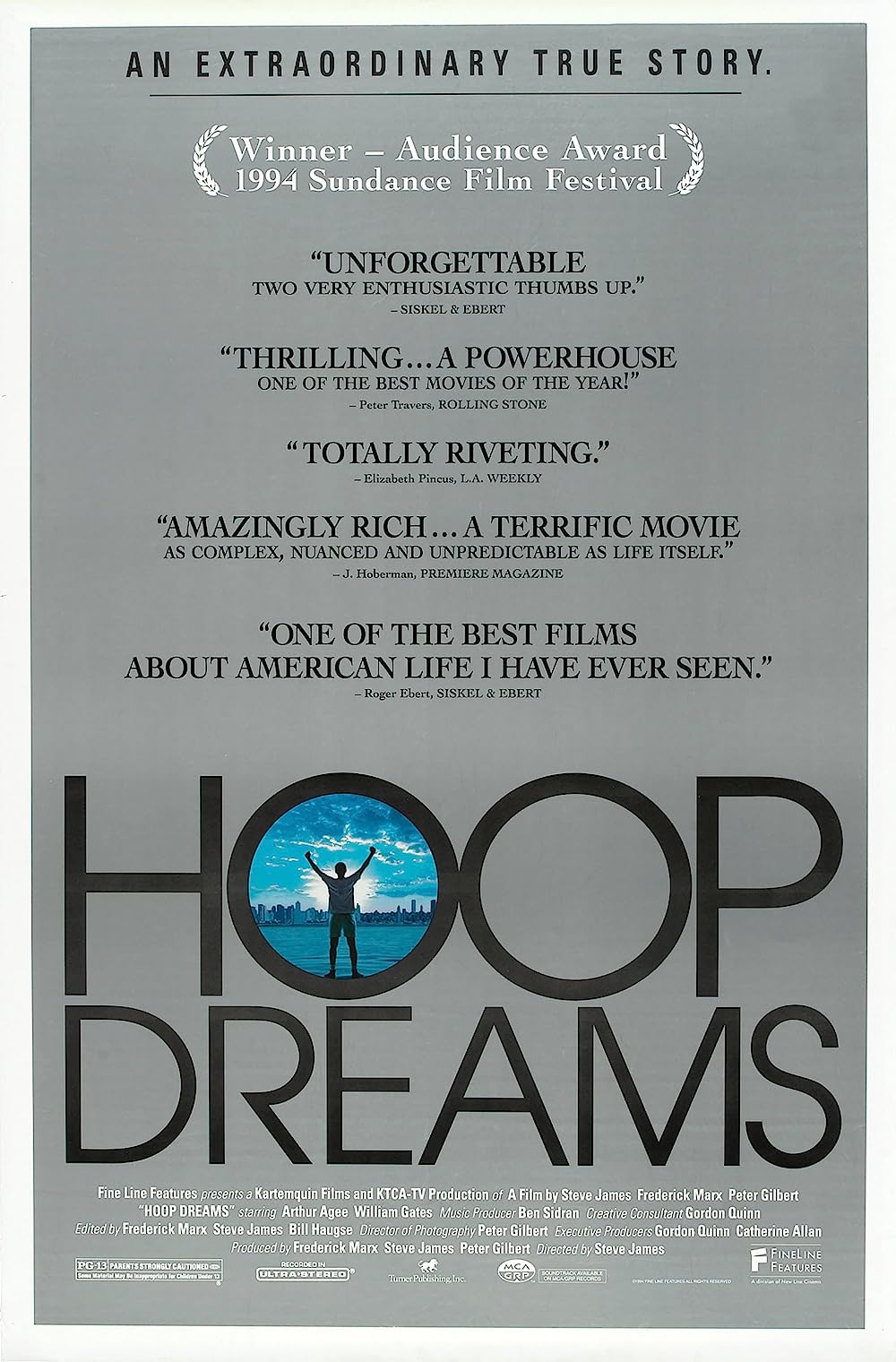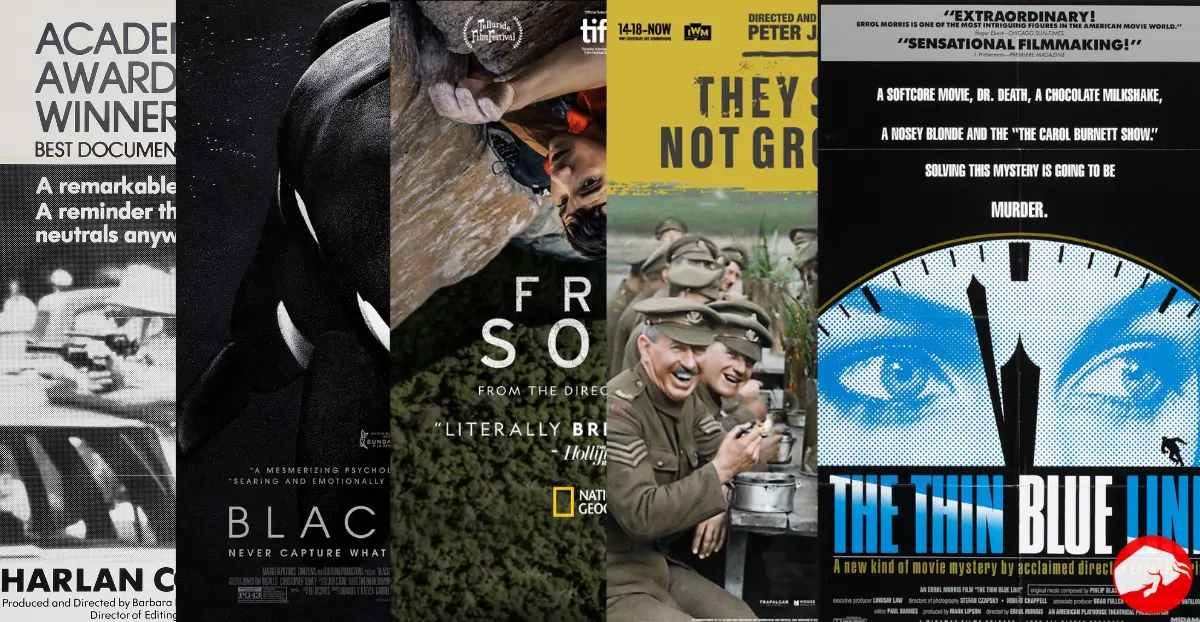In a world saturated with reality TV shows and fictional narratives, a genre stands apart, shining a light on the truth and offering a glimpse into the complexities of our reality.
Documentaries, the unsung heroes of the film industry, have the power to educate, provoke, and challenge our deeply ingrained beliefs.
We feel obliged to investigate the greatest documentaries of all time as we set out on a voyage into the annals of cinematic history. These nonfiction filmmaking classics go beyond the bounds of entertainment, enveloping us in the objective truths of our reality.
With an objective lens, the following selection represents the pinnacle of the documentary genre, showcasing the artistry, audacity, and impact that define these groundbreaking works.
Prepare to be enlightened as we delve into a realm where truth reigns supreme and the human experience takes center stage.
Key Takeaways
- Documentaries offer a glimpse into the complexities of reality and can educate, provoke, and challenge our beliefs.
- Techniques like interviews, archival footage, and voiceovers engage the audience and present factual information through a non-fictional narrative.
- Documentaries can explore various themes, from human and animal relationships to historical events, criminal activities, and societal struggles.
- The best documentaries raise questions, challenge societal norms, expose system flaws, and provide thought-provoking topics that can educate, inspire, and challenge our understanding of the world.
What is a Documentary?
The essence of a documentary lies in its ability to present factual information through a non-fictional narrative, serving as a vehicle for exploring and understanding various subjects and events from an unbiased perspective.
Unlike fictional films, documentaries aim to capture reality and provide an objective world account. They often employ interviews, archival footage, and voiceovers to convey information and engage the audience.
Documentaries have the power to educate, inform, and challenge societal norms by shedding light on important issues and uncovering hidden truths. They offer a unique platform for filmmakers to delve into various topics, including history, science, politics, and culture.
Documentaries Throughout History
Throughout history, documentary filmmaking has evolved and adapted, weaving together various perspectives and narratives, ultimately serving as a powerful catalyst for societal change.
The significance of documentaries lies in their ability to capture real-life events, provoke critical thinking, and shed light on important issues. Here are four key ways in which documentaries have influenced and shaped our understanding of the world:
- Education: Documentaries provide an informative platform, presenting in-depth knowledge on various subjects.
- Advocacy: Documentaries often serve as a call to action, raising awareness about social, political, and environmental issues.
- Preservation: Documentaries have the power to preserve historical events or cultural practices that might otherwise be forgotten.
- Perspective: Documentaries broaden our understanding of complex topics by offering different viewpoints and challenging dominant narratives.
The 14 Best Documentaries of All Time
Focusing on Michael Moore, Blackfish (2013), Exit Through the Gift Shop (2010), Grizzly Man (2005), and Dear Zachary: A Letter to a Son About His Father (2008).
Michael Moore is known for his thought-provoking and controversial documentaries, such as Bowling for Columbine (2002) and Fahrenheit 9/11 (2004). Blackfish (2013) is a powerful documentary that exposes the dark side of the captive sea mammal industry.
Exit Through the Gift Shop (2010) is a unique and captivating documentary that blurs the line between art and reality, exploring the world of street art and the enigmatic artist Banksy.
Grizzly Man (2005) tells the story of Timothy Treadwell, an environmentalist who spent years living among grizzly bears in Alaska, ultimately meeting a tragic end.
Dear Zachary: A Letter to a Son About His Father (2008) is a heart-wrenching documentary that follows the story of Andrew Bagby, a man whose ex-girlfriend was murdered, and the subsequent custody battle for his son.
Michael Moore
Michael Moore, a renowned documentary filmmaker, has consistently provoked critical discussions and controversy through his thought-provoking and influential documentaries. His work often challenges established norms and questions the status quo. Three documentaries that showcase Moore’s ability to incite emotion and spark debate include:
- Fahrenheit 9/11 (2004) – This film delves into the presidency of George W. Bush, exploring the events leading up to the Iraq War and the alleged ties between the Bush family and Saudi Arabian elites. It examines the impact of political decisions on the American people, stirring up strong emotions and prompting viewers to question the government’s motives.
- Bowling for Columbine (2002) – Moore investigates the causes and consequences of the 1999 massacre at Columbine High School, exploring issues such as gun control, media influence, and societal factors contributing to violence. The documentary challenges viewers to reflect on the complex factors contributing to such tragic events.
- Roger & Me‘ (1989) – In this film, Moore explores the impact of General Motors’ decisions to close factories in his hometown of Flint, Michigan. It sheds light on the devastating consequences of corporate decisions on working-class communities, highlighting the human impact of economic policies.
Blackfish (2013)

Blackfish (2013) is a thought-provoking documentary that delves into the controversial issue of killer whale captivity and raises profound questions about the ethical implications of keeping these intelligent creatures in confinement. The film primarily focuses on Tilikum, a captive orca responsible for the deaths of several people, including experienced trainers.
Through interviews with former SeaWorld trainers, scientists, and activists, Blackfish challenges the popular perception of killer whales as happy and harmless performers. The documentary highlights captivity’s physical and psychological impact on these majestic animals, emphasizing the inherent cruelty of confining them to small tanks.
By presenting compelling evidence and personal stories, Blackfish aims to educate the audience about the detrimental effects of marine mammal captivity and advocates for the ethical treatment of these creatures.
Exit Through the Gift Shop (2010)

Exit Through the Gift Shop (2010) explores street art and its intersection with commercialization. It presents a captivating example of an artist who started as a documentary filmmaker but eventually became a prominent figure in the art world.
The film, directed by the elusive street artist Banksy, follows Thierry Guetta, a French immigrant living in Los Angeles, as he documents the underground street art scene.
However, as the film progresses, it becomes apparent that Guetta’s initial role as a filmmaker is overshadowed by his desire to become an artist himself. This documentary raises thought-provoking questions about the nature of art, authenticity, and the fine line between commercial success and artistic integrity.
- Exit Through the Gift Shop showcases the blurred boundaries between street art and conventional art forms, challenging traditional notions of what constitutes ‘art.’
- The film offers a critical commentary on the commodification of street art, highlighting the tension between maintaining artistic integrity and succumbing to commercialization.
- Through the lens of Thierry Guetta’s transformation into the artist Mr. Brainwash, the documentary questions the authenticity of art and the artist’s role in contemporary society.
Grizzly Man (2005)

The documentary Grizzly Man (2005) examines the complex and often dangerous relationship between humans and grizzly bears in the Alaskan wilderness. Directed by Werner Herzog, the film follows the life and tragic demise of Timothy Treadwell, an environmental activist who spent thirteen summers living among grizzly bears in the remote Katmai National Park.
Through Treadwell’s footage and interviews with those who knew him, Grizzly Man delves into the psychological and emotional nuances of his obsession with these powerful creatures.
It raises questions about the boundaries between humans and wildlife, the consequences of romanticizing nature, and the inherent dangers of attempting to live in harmony with feral animals. The film is a cautionary tale, highlighting the inherent risks and complexities of human-animal interactions in the wild.
Dear Zachary: A Letter to a Son About His Father (2008)

Dear Zachary: A Letter to a Son About His Father (2008) offers a deeply poignant exploration of grief and justice as it chronicles the tragic story of Andrew Bagby’s murder and the subsequent custody battle over his son, Zachary.
This documentary, directed by Kurt Kuenne, presents a heart-rending narrative that delves into the complexities of loss and the pursuit of justice. Through interviews, home videos, and personal letters, the film captures the emotional journey of the friends and family affected by this devastating event.
Kuenne’s objective and analytical approach to storytelling allows viewers to comprehend the profound impact of Bagby’s murder on those left behind. Examining this heart-rending tale, Dear Zachary contemplates grief, loss, and the flaws within the legal system.
They Shall Not Grow Old (2018)

They Shall Not Grow Old (2018) immerses viewers in the harrowing realities of World War I through its innovative use of colorization and audio restoration, offering a thought-provoking examination of the human experiences endured by soldiers on the frontlines.
Directed by Peter Jackson, this documentary utilizes restored and colorized footage from the Imperial War Museum’s archives, bringing to life the war in a way that feels immediate and visceral.
The film expertly blends personal testimonies from soldiers with stunning visuals, allowing audiences to gain a deeper understanding of the physical and psychological toll of war.
By presenting the war from the soldiers’ perspective, They Shall Not Grow Old challenges conventional narratives and invites viewers to reflect on the human cost of conflict. This powerful documentary serves as a poignant reminder of the sacrifices made by those who fought in World War I.
‘Life of Crime: 1984-2020′ (2021)’

Examining the multifaceted world of criminal activities, Life of Crime: 1984-2020 (2021) comprehensively explores the intricate dynamics, motivations, and consequences surrounding various criminal endeavors. This documentary sheds light on the hidden aspects of criminal life through its objective and analytical approach.
Here are some key points covered in the film:
- The evolution of criminal techniques and strategies over 36 years.
- The socio-economic factors that contribute to the rise and fall of criminal organizations.
- The psychological motivations behind individuals engaging in a life of crime.
- The impact of crime on both the perpetrators and the victims.
- The role of law enforcement and the justice system in combating criminal activities.
With its informative and insightful narrative, Life of Crime: 1984-2020 is a compelling window into the world of crime.
The Act of Killing (2012)

The Act of Killing (2012) provides a chilling exploration of the perpetrators’ perspective in acts of criminality, offering a unique insight into their motivations and justifications. One striking statistic from the film reveals that the Indonesian genocide of 1965-1966 resulted in an estimated 500,000 to 1 million deaths.
Director Joshua Oppenheimer uses a unique approach, encouraging the killers to reenact their crimes through film genres such as gangster movies and musicals. This surreal portrayal highlights the disconnect between the brutal reality and the killers’ perception of themselves.
Through interviews and reenactments, the film delves into the psychological impact on the perpetrators, revealing their cognitive dissonance and moral ambiguity. The Act of Killing challenges, conventional notions of justice and accountability, leaving the audience with a haunting reflection on the nature of evil and the complexities of human behavior.
The Thin Blue Line (1988)

The Act of Killing (2012) explored the horrifying actions of Indonesian death squad leaders who reenacted their crimes for the camera. Continuing with true crime documentaries, The Thin Blue Line (1988) is another groundbreaking film investigating a murder case in Dallas, Texas.
Directed by Errol Morris, the film meticulously examines the case of Randall Adams, who was wrongfully convicted of killing a police officer. Through interviews, reenactments, and expert analysis, The Thin Blue Line unravels the inconsistencies and flaws in the prosecution’s case, ultimately leading to Adams’ release from prison. Morris’s objective and analytical approach to storytelling allows the audience to engage with the evidence and draw their conclusions.
With meticulous investigation and powerful storytelling, The Thin Blue Line is a must-watch for any documentary enthusiast.
Harlan County, USA’ (1976)

Focusing on the struggles of coal miners in Kentucky, Harlan County, USA (1976) is an influential documentary that offers a compelling insight into their challenges and the social and political issues surrounding their labor disputes. Directed by Barbara Kopple, the film presents a raw and unfiltered portrayal of the miners’ fight for better working conditions and fair treatment.
Through interviews with the miners and their families and footage of picket lines, violent confrontations, and union negotiations, Harlan County, USA exposes the harsh realities of the coal mining industry and the power dynamics at play. The documentary also highlights the solidarity and resilience of the miners as they come together to demand justice.
Night and Fog (1956)

Night and Fog (1956) hauntingly delves into the depths of human suffering, depicting the horrors of the Holocaust with a chilling and unflinching gaze. Directed by Alain Resnais, this landmark documentary combines powerful archival footage from Nazi concentration camps juxtaposed with present-day images of the abandoned locations.
With a precise and meticulous approach, Resnais explores the psychological and physical devastation inflicted upon the victims, highlighting the dehumanizing nature of the Holocaust.
Through its stark visuals and haunting narration, Night and Fog effectively captures the immense scale of the atrocities committed during World War II. This documentary serves as a poignant reminder of the atrocities of the past and the importance of remembering history to prevent such horrors from recurring.
Hoop Dreams (1994)

Hoop Dreams (1994) provides a compelling and thought-provoking exploration of two African-American teenagers’ aspirations and obstacles while pursuing successful basketball careers.
- The documentary skilfully captures the realities of inner-city life and the systemic challenges these young athletes must navigate.
- Through intimate interviews and extensive footage, the film exposes the harsh realities of the sports industry, highlighting the pressures and exploitation young athletes face.
- Hoop Dreams also delves into the complexities of race and class, shedding light on the unequal opportunities and discrimination within the basketball world.
This documentary serves as a powerful critique of the American Dream and raises important questions about social mobility and the pursuit of success. It prompts viewers to reflect on the broader issues of race, class, and the limitations imposed by society.
Free Solo (2018)

Captivating audiences with its breathtaking cinematography and heart-stopping narrative, Free Solo (2018) delves into the mind of Alex Honnold as he fearlessly attempts to climb El Capitan without any ropes or safety equipment.
This documentary, directed by Jimmy Chin and Elizabeth Chai Vasarhelyi, showcases the sheer determination and physical prowess required for such a feat.
The film meticulously captures the intensity and raw emotions experienced by Honnold throughout his journey, providing viewers with a profound understanding of the psychological and physical challenges he faces.
Through interviews with Honnold and his support team, the documentary offers a glimpse into the meticulous planning and preparation behind his daring endeavor.
With its stunning visuals and gripping storytelling, Free Solo not only entertains but educates, shedding light on the extraordinary abilities of the human spirit in the face of seemingly insurmountable challenges.
Samsara (2011)

Samsara (2011), directed by Ron Fricke, skillfully utilizes stunning visuals and a mesmerizing non-narrative approach to explore the interconnectedness of all living beings and the cyclical nature of existence, creating a sensory experience that transcends traditional storytelling.
Through its breathtaking cinematography and hypnotic editing, the film takes viewers on a journey across different countries and cultures, showcasing the diversity and unity of the human experience. Samsara skillfully captures the beauty and fragility of our planet, highlighting both the wonders of nature and the impact of human activity.
Without relying on dialogue or a linear narrative, the film invites contemplation and reflection, allowing audiences to draw their interpretations and connect with the universal themes presented.
Samsara is an extraordinary documentary that challenges conventional storytelling conventions and profoundly explores the human condition and our place in the world.
Conclusion
The realm of documentaries has witnessed many remarkable films that have left an indelible mark on the genre. From the groundbreaking Nanook of the North to the thought-provoking Bowling for Columbine, these films have captivated audiences and shed light on various aspects of the human experience.
Each documentary discussed in this article has showcased the power of storytelling and the ability to educate and inspire viewers. As the saying goes, ‘A picture is worth a thousand words,’ these documentaries have proven that a well-crafted film can transcend language and culture, leaving a lasting impact on society.









